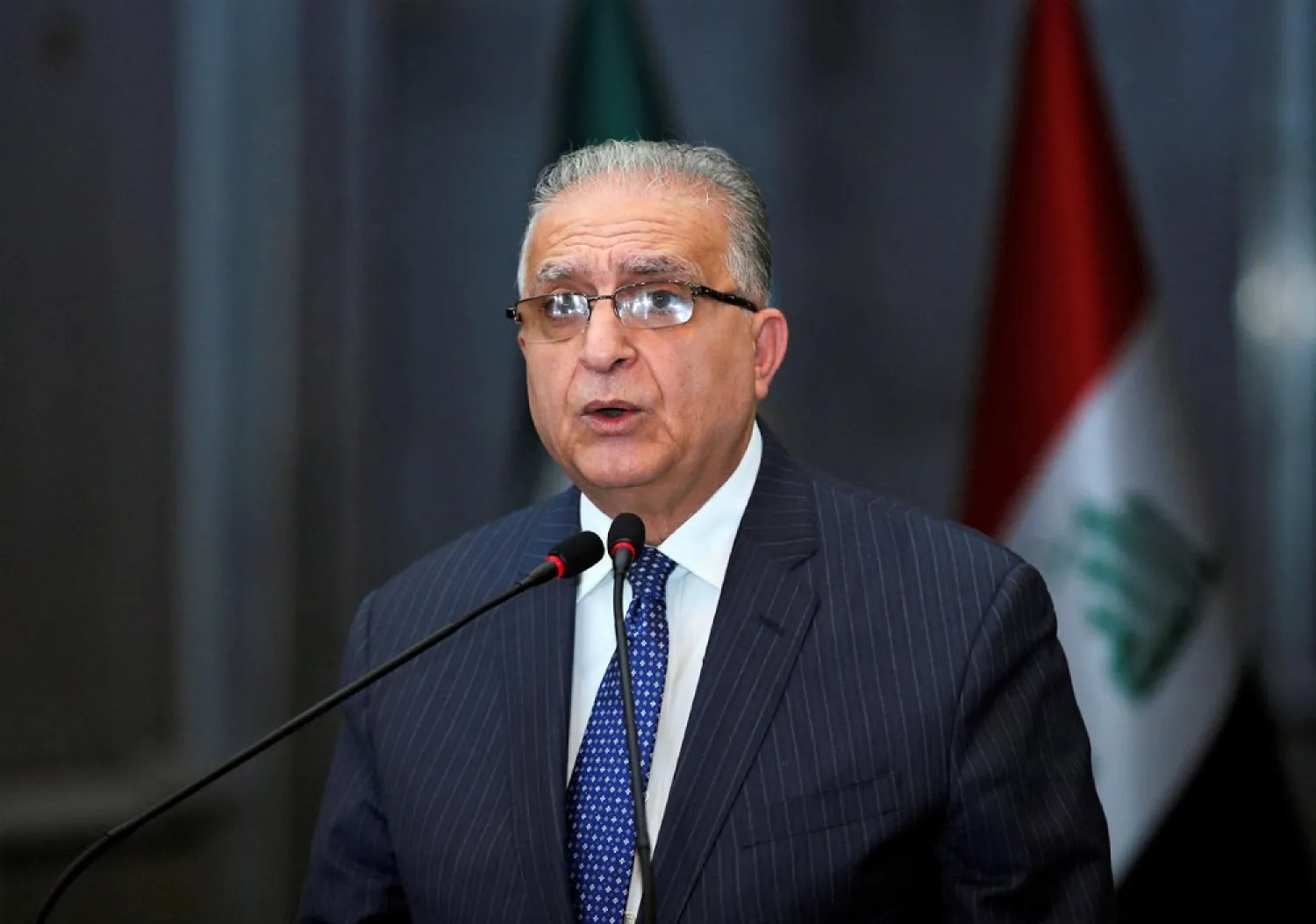Iraq welcomed on Thursday the continued international efforts to combat ISIS, said Foreign Minister Mohammed Ali al-Hakim.
He expressed Iraq’s appreciation for the member states of the US-led Global Coalition to Defeat ISIS.
He was speaking at a meeting for the Ministers of Foreign Affairs of the Global Coalition to Defeat ISIS Small Group. The event was held less than a month after ISIS leader Abu Bakr al-Baghdadi was killed in a US raid in Syria.
Hakim praised coalition efforts to restore stability, offer basic services to liberated Iraqi cities, return refugees back to their homes and back reconstruction.
He also thanked the NATO mission for its role in boosting security capacities and training.
He further commended intelligence efforts exerted by the Iraqi National Intelligence Service and its key role in the operation that lead to Baghdadi’s death.
“Cooperation, intelligence sharing and high-level coordination among coalition countries have resulted in locating and eliminating the ISIS leader,” he said.
The minister stressed “the importance of bolstering the work and unifying international efforts to reach a political solution to the crisis in Syria that ensures its unity and sovereignty,” highlighting its direct impact on regional security and stability.
Moreover, called for “addressing the humanitarian situation of families in the al-Hol displacement camp in Syria and preventing ISIS from infiltrating such camps, spreading its terrorist ideology and reorganizing its ranks.”
He said Iraq was ready to receive Iraqi families from these camps after carrying out the necessary security checks and ensuring they are of Iraqi origins.
Hakim urged the coalition states to assist in the process of transferring these families and developing reintegration and rehabilitation programs.
“Iraq urges coalition states to assume their responsibilities, receive their citizens and ensure that those involved are held accountable.”









